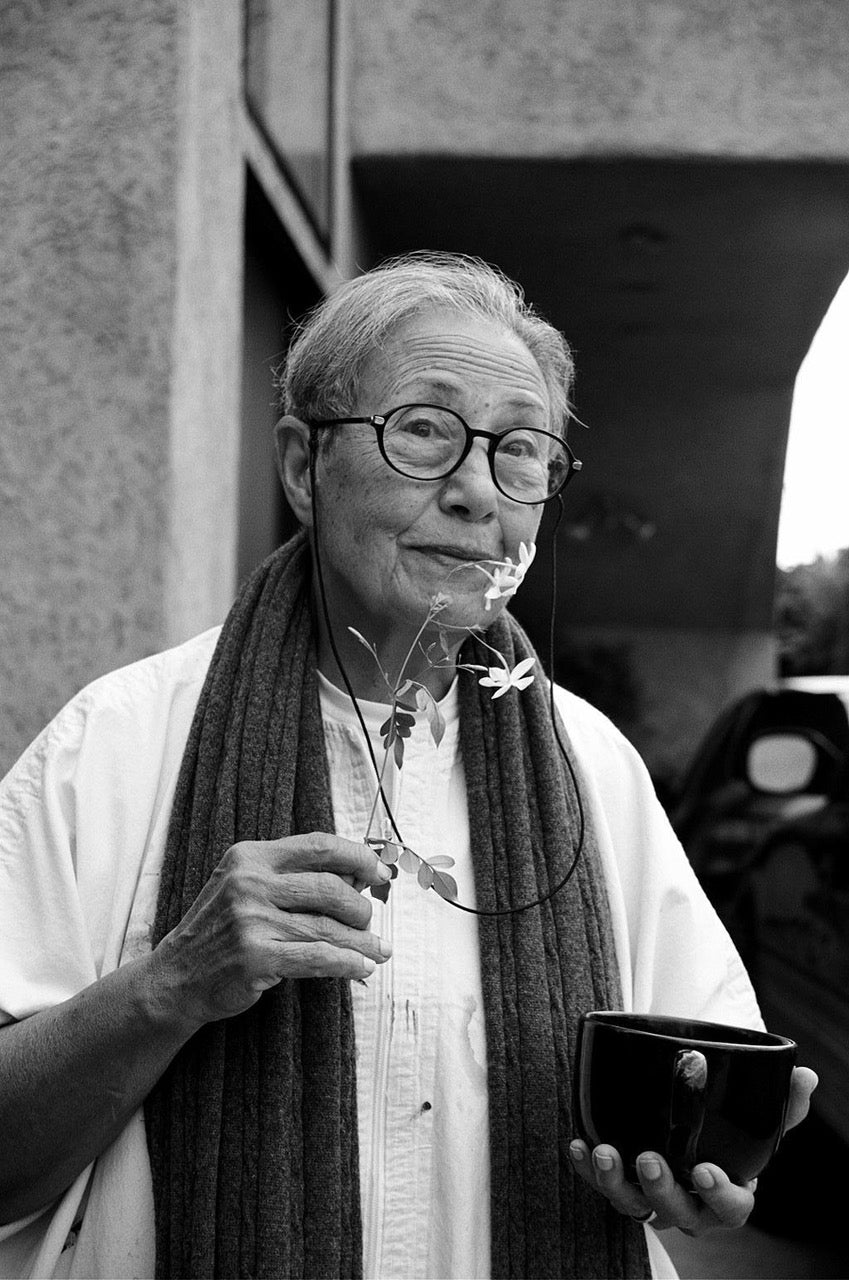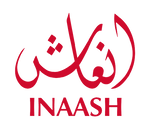We are dedicated to improving the lives of women in the
Palestinian refugee camps of Lebanon.

Our Mission
Skill, beauty and empowerment through the point of a needle
Maximizing employment opportunities for Palestinian female artisans one stitch at a time, by producing high quality, hand-made traditional embroidery.

Our Vision
Keeping heritage alive, relevant and desirable
Embroidery is the living heritage of Palestine, transferred from mother to daughter through the ages. Our vision is to conserve it, promote its beauty and keep it relevant in today’s world on behalf of those who produce it.

Our Impact
Across the generations
Since its inception in 1969 Inaash has impacted the lives of over 8000 women refugees by providing training, income and even early education for their children. It currently supports over 350 women in five camps.

How It Began
Nearly one-third of the registered Palestine refugees, more than 1.5 million individuals, live in 58 recognized Palestine refugee camps in Jordan, Lebanon, the Syrian Arab Republic, the Gaza Strip and the West Bank, including East Jerusalem.
Currently Lebanon hosts close to 450,000 Palestinian refugees in 12 camps. Conditions for the communities living in refugee camps in Lebanon are notoriously difficult. Employment opportunities are limited and the level of unemployment is extremely high for men. At the same time, traditionally it is not usual for their women to seek employment outside their immediate surroundings. Living on aid and handouts is neither sufficient for needs nor conducive to psychological wellbeing. It was these social problems that led Huguette Bechara El Khoury (daughter of Lebanon’s first President) to establish Inaash as a way of creating employment and providing an income for refugee women confined to the camps. The one transferable skill the women brought with them to Lebanon was traditional embroidery.
Throughout the last 5 decades Inaash has worked to both preserve this culture and harness it as a means of livelihood for its practitioners in some five camps located across Lebanon. Since inception, over 8,000 women benefited from the production of Inaash products, both in monetary terms and through a sense of community and continuity. Successive generations have passed on the skill from mother to daughter. Their work with Inaash and the ancillary services it provides have had a positive impact not just on the women but on their families.
